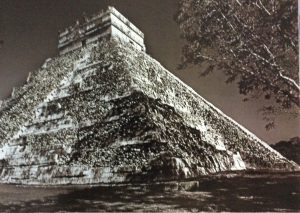
In 483 BC the Athenians discovered a new, rich seam of silver in their mines at Laurium. There was a great debate in the city as to what to do with the new silver. Because Athens was a democracy, the decision had to be made by the assembly which was made up of all the citizens of Athens.
Themistocles, who has a politician, proposed that the silver should be spent on constructing two-hundred triremes (three-tiered warships).
The opposition to Themistocles was lead by a wealthy citizen named Aristides who opposed spending the silver on ships and instead proposed that the silver be spread among the citizens of Athens.
Both sides presented their arguments in the assembly and the citizens of Athens voted for or against the proposal.
In Year 6, we have been thinking about which side we would be on and how we could persuade our fellow citizens to vote for our proposal.
In our class assembly, we have been taking votes before our assembly debate which shows Themistocles gathering support:
vote one :
15 votes for Aristides, 5 votes for Themistocles
Vote two:
11 votes for Aristides, 9 votes for Themictocles
Vote three
9 votes for Aristides, 11 votes for Themistocles.
Final Vote of the assembly:
7 votes for Aristides, 16 votes for Themistocles.







 This week year 6 have been bringing together all of their learning about Greek storytelling to plan and write their own Greek Tragedies .
This week year 6 have been bringing together all of their learning about Greek storytelling to plan and write their own Greek Tragedies .

